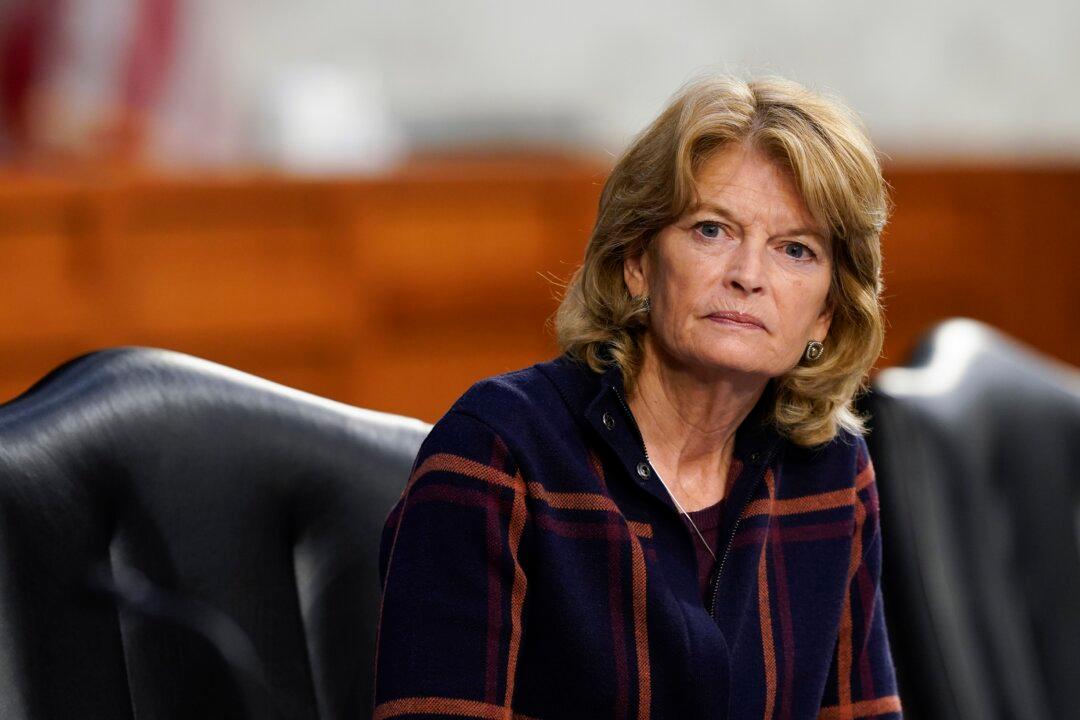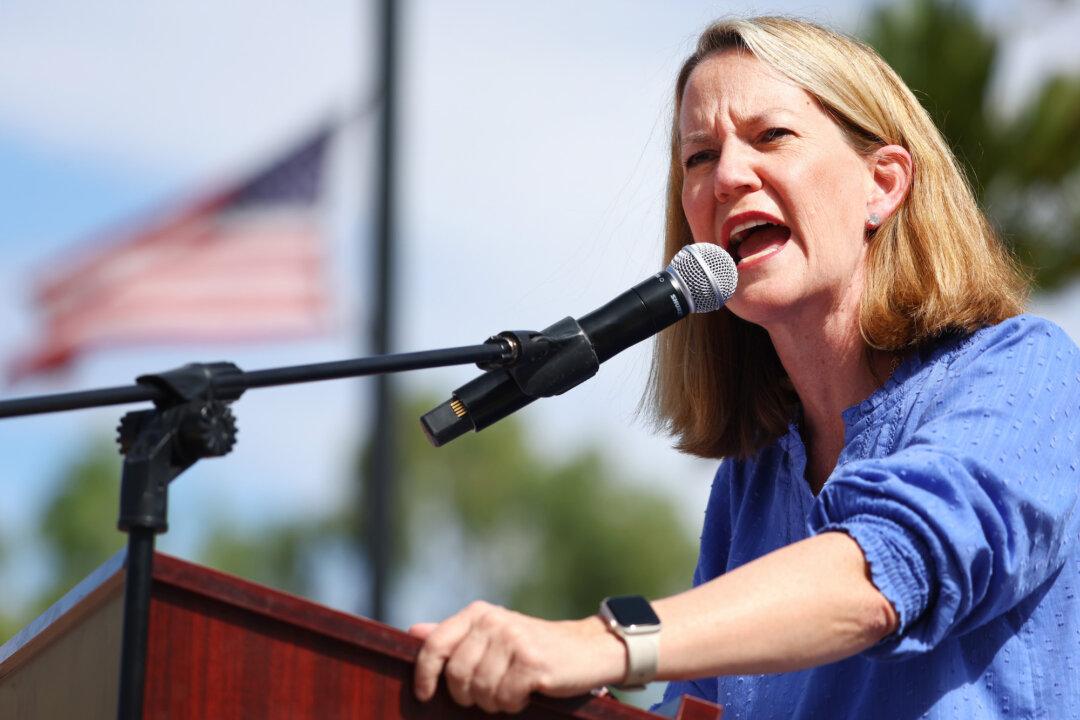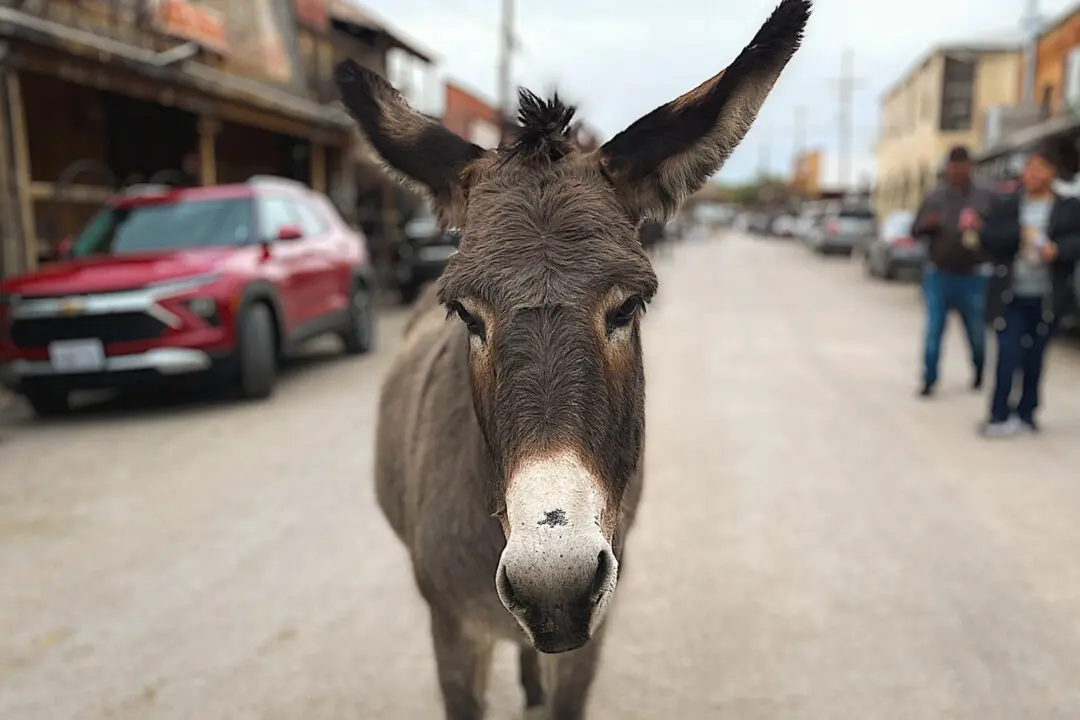Incumbent U.S. Sen. Lisa Murkowski (R-Alaska), her Republican challenger Kelly Tshibaka, and Democrat Patricia Chesbro will advance to the general election in November as the projected winners of Alaska’s ranked-choice primary on Aug. 16.
With about 50 percent of the ballots counted, Murkowski has 43 percent and Tshibaka 42 percent, according to DecisionDeskHQ.





